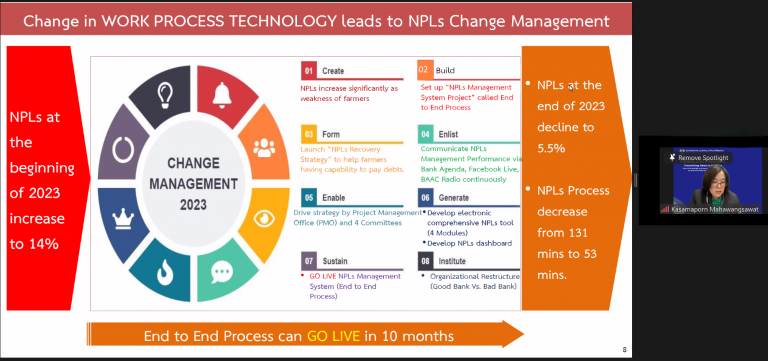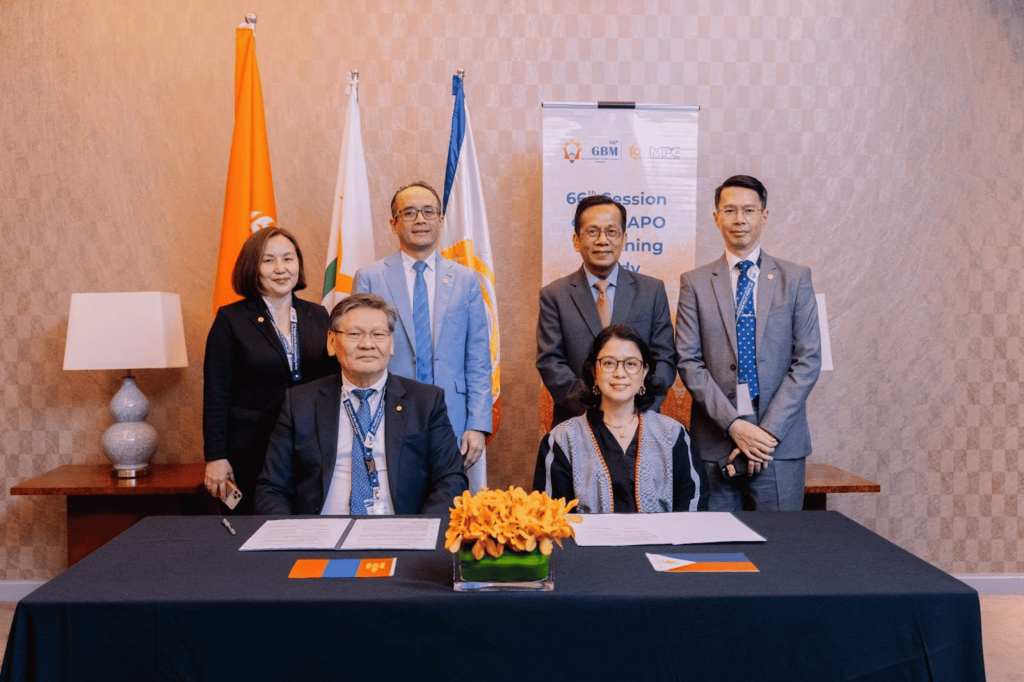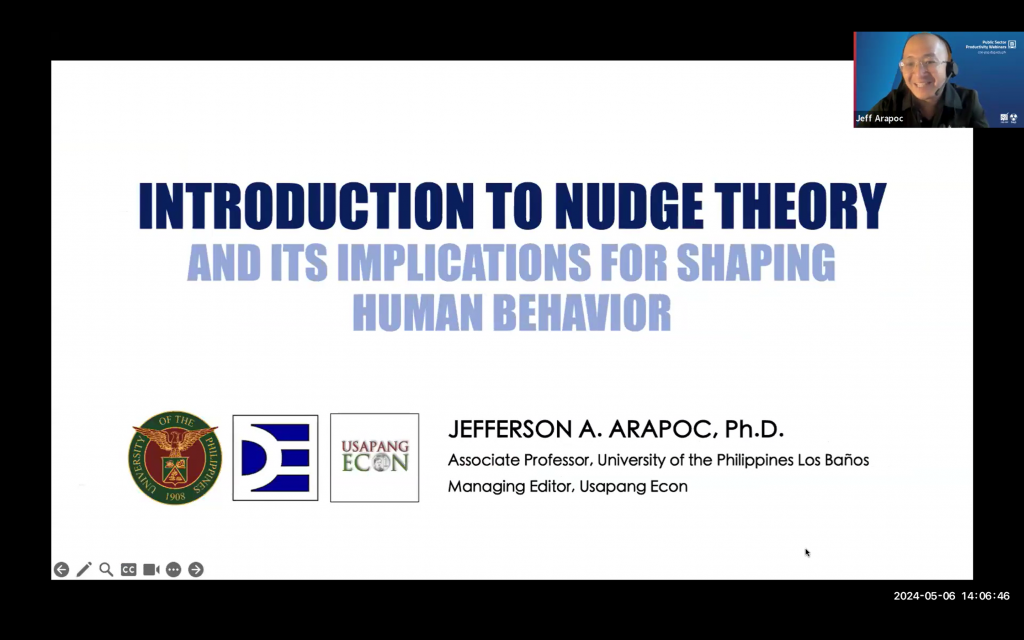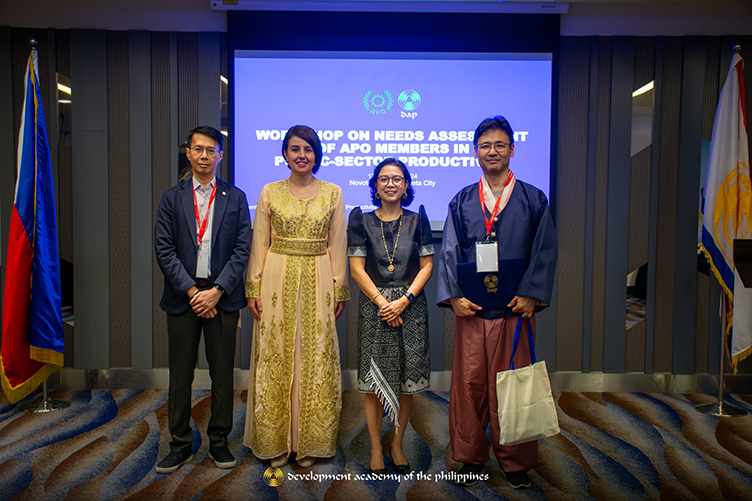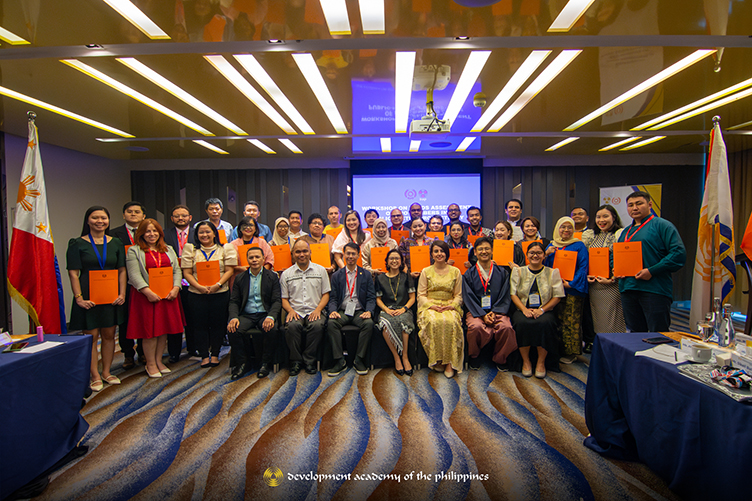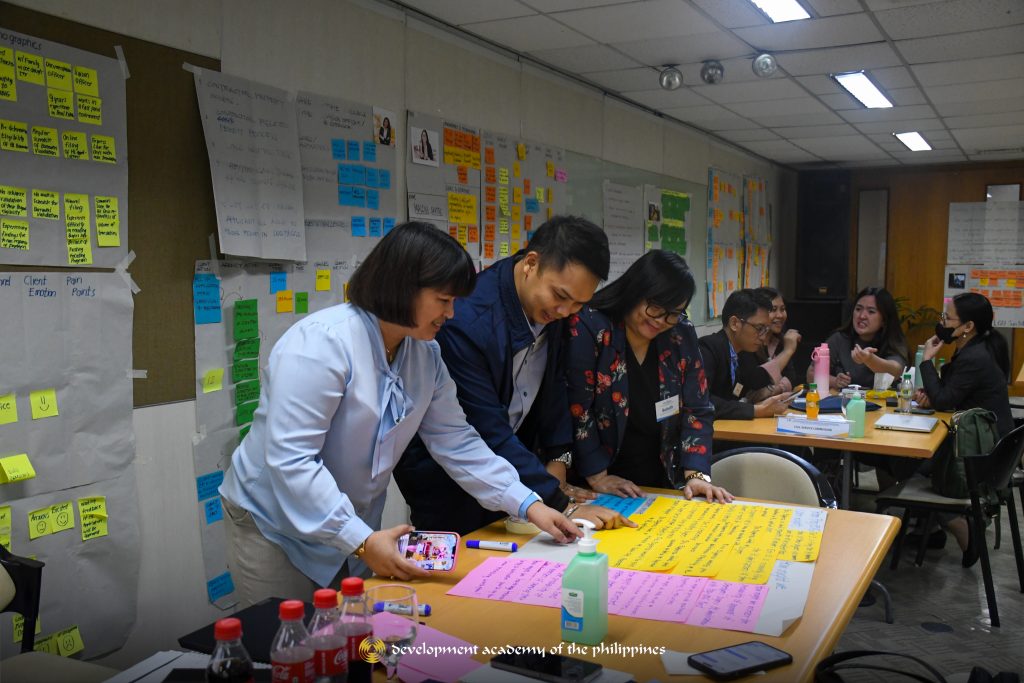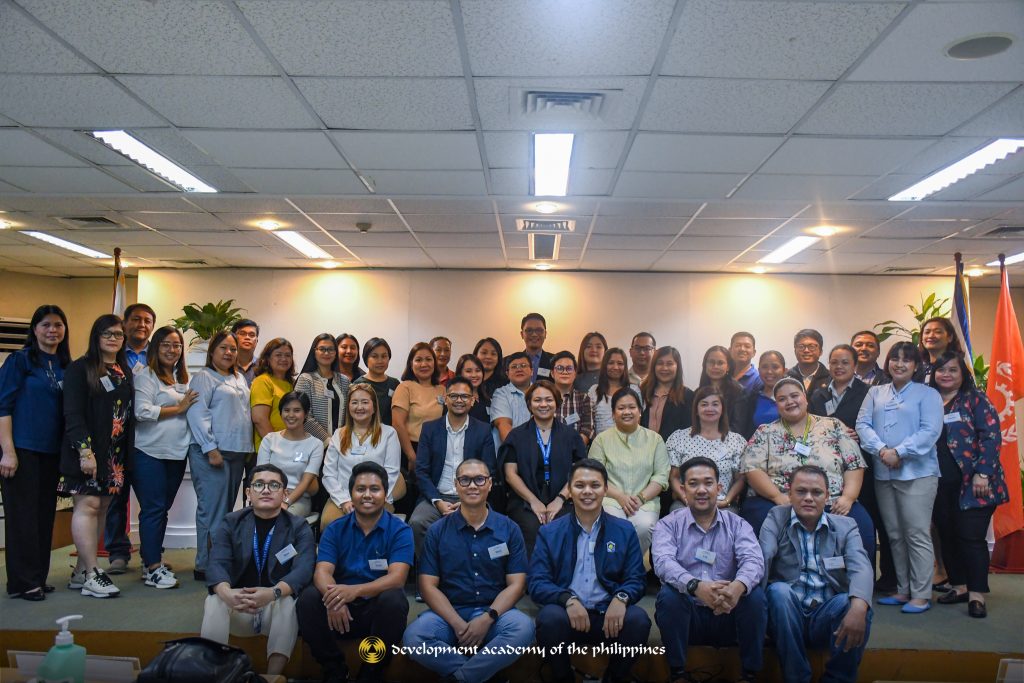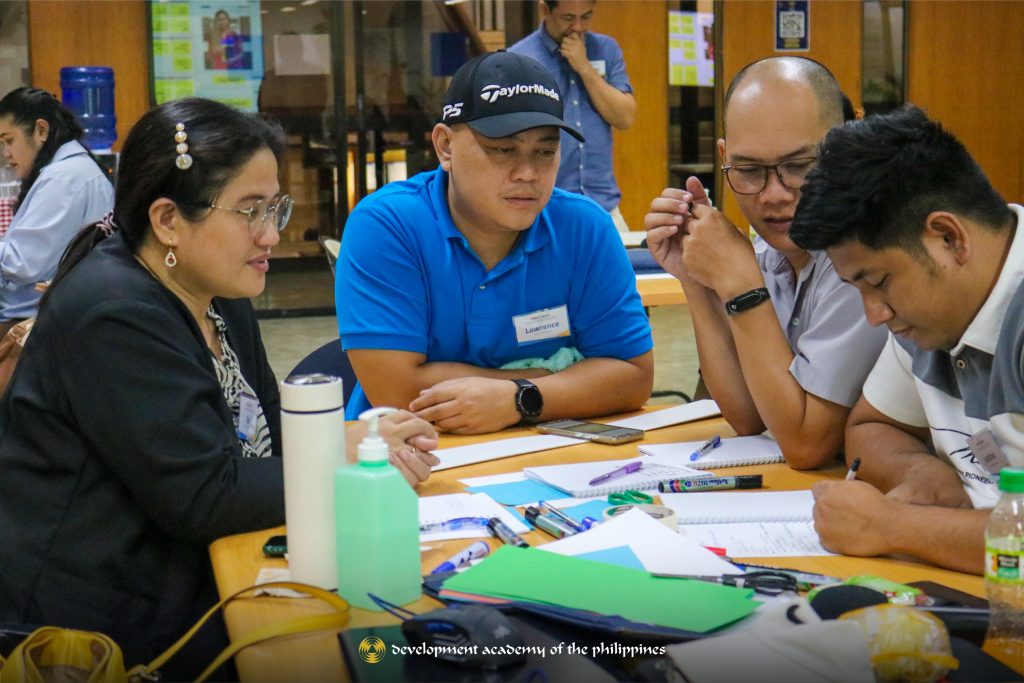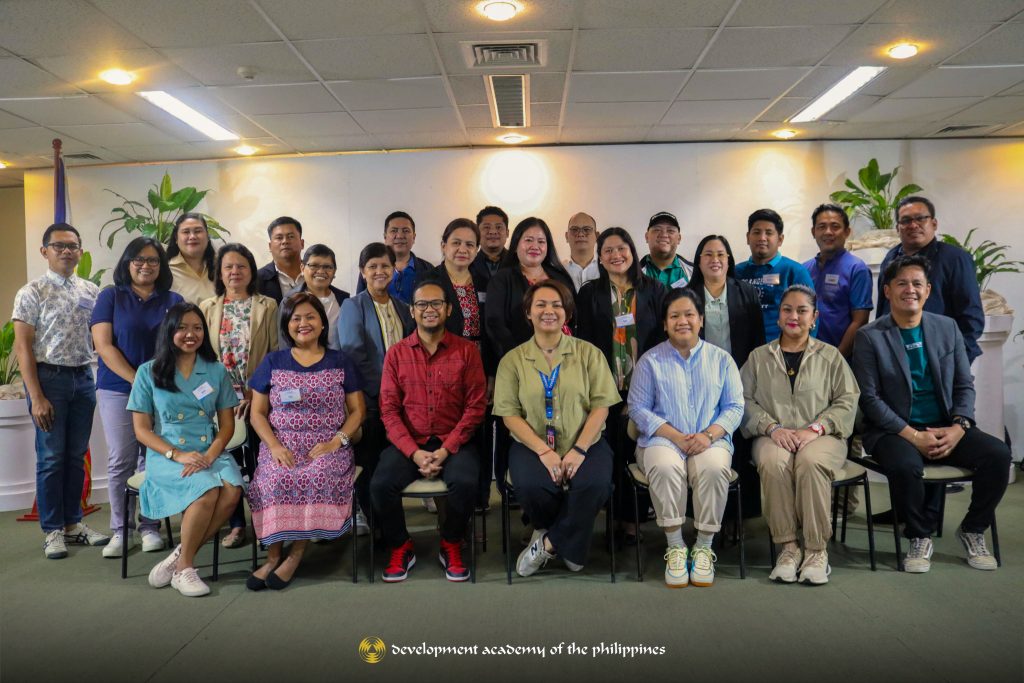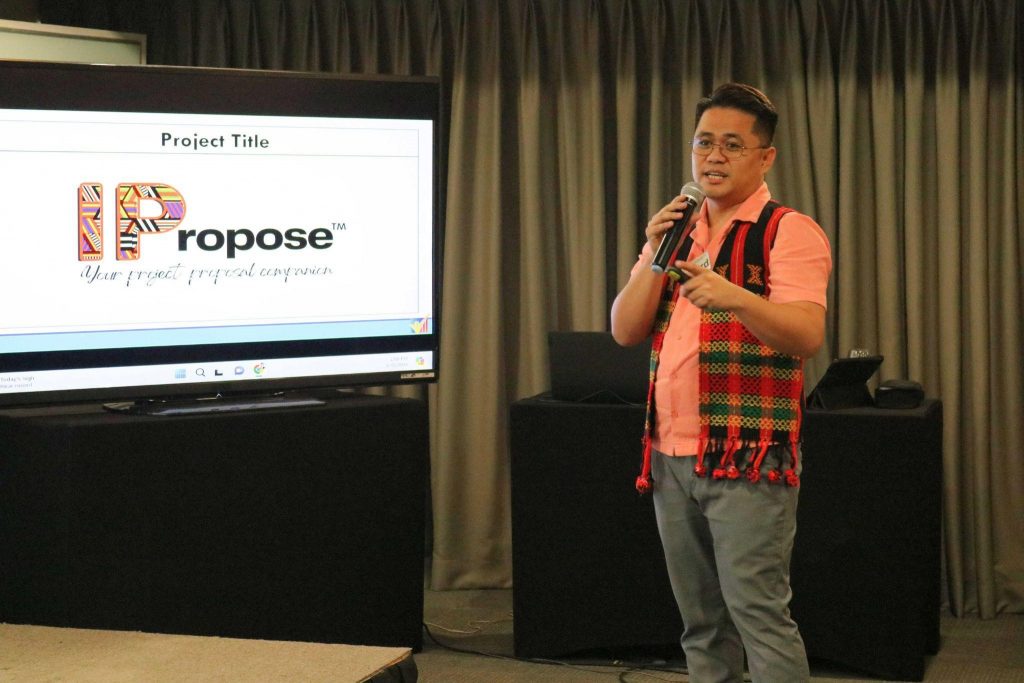The second session of Productivity Insights, held virtually on June 6, 2024, focused on Indonesia’s digital transformation in civil servant management. Hosted by the Development Academy of the Philippines as the focal organization of the Asian Productivity Organization’s Center of Excellence on Public Sector Productivity, the event drew over 200 participants from various national and local government agencies, as well as state universities.
Dr. Samsul Hidayat, acting director for Civil Service Performance at the National Civil Service Agency in Indonesia, discussed the country’s efforts to integrate technology to address challenges within its civil service sector, which includes 630 local governments with diverse systems and obstacles. He emphasized the need for digital transformation to enhance governance and service delivery, and stressed the importance of shifting both both personal and organizational mindsets to adapt to the digital era.
Dr. Hidayat detailed significant improvements resulting from digital transformation, such as paperless processes, digital signatures, online tracking of service progres, and simplifying bureaucratic procedures. These advancements have led to faster service delivery, increased transparency and efficiency, and environmental sustainability. Despite these gains, Dr. Hidayat acknowledged ongoing challenges, particularly in system integration among local governments, and emphasized the need for continuous improvement in technology and the capacity of civil servants to utilize these systems effectively.
To support this, Dr. Hidayat highlighted ongoing collaboration with other ministries, especially in health and education, to further enhance service delivery. The focus is on sustaining and expanding digital initiatives to drive productivity improvements and better serve the Indonesian population in the next five years.
Productivity Insights is a series of knowledge and experience-sharing sessions that showcase best practices from local participants and APO-member economies to boost innovation and productivity in the public sector.
This article was originally posted on: https://dap.edu.ph/2nd-productivity-insights-session-highlights-indonesias-digital-transformation-in-civil-service/

